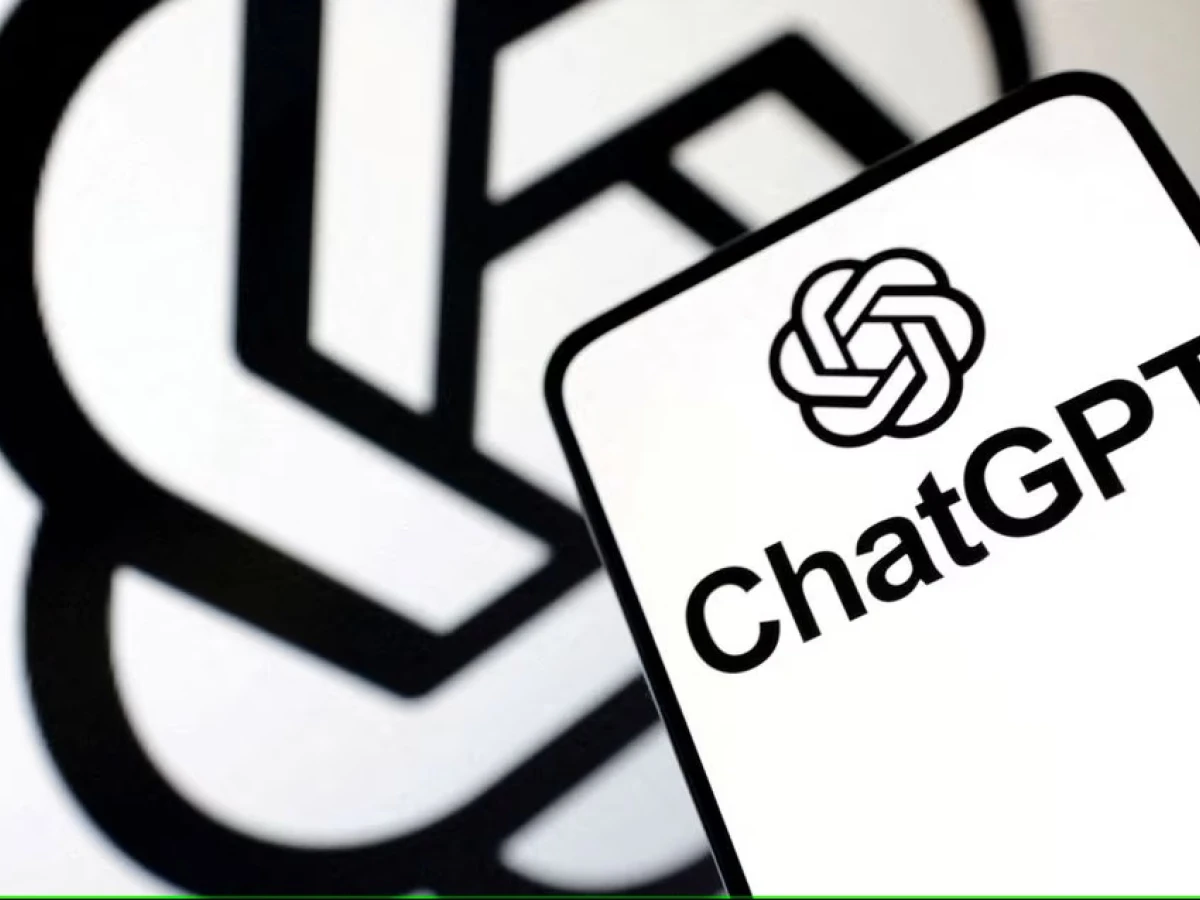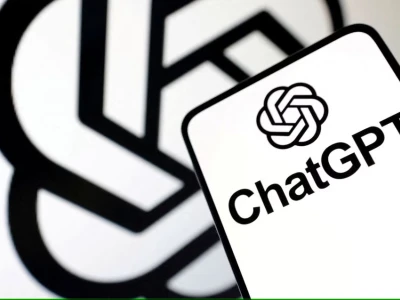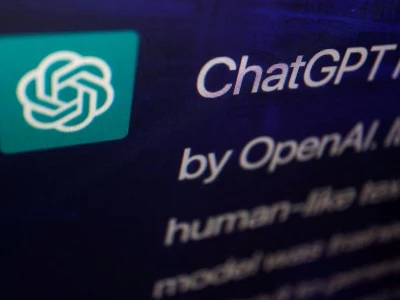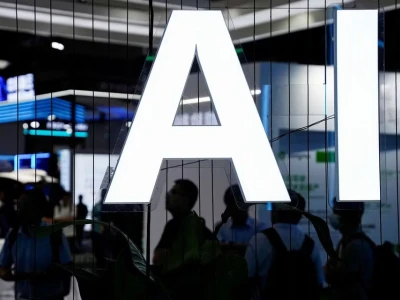
ChatGPT maker to propose remedies over Italian ban
The company said it removed personal information from its datasets where possible.
ROME/STOCKHOLM, April 6 (Reuters) - ChatGPT producer OpenAI plans to present measures on Thursday to remedy concerns that led to an Italian ban on the chatbot last week, Italy's data protection agency Garante said.
Microsoft Corp-backed OpenAI took ChatGPT offline in Italy after Garante last week temporarily restricted it and began a probe into a suspected breach of privacy rules.
The agency last week accused OpenAI of failing to check the age of ChatGPT users and the "absence of any legal basis that justifies the massive collection and storage of personal data".
On Thursday it said it has no intention of putting a brake on developing AI but reiterated the importance of respecting rules aimed at protecting the personal data of Italian and European citizens.
In a video conference late on Wednesday attended by CEO Sam Altman, OpenAI pledged to be more transparent about the way it handles user data and verifies the user's age, Garante said.
The company said it would send Garante a document regarding measures to respond to its requests on Thursday.
The data authority said it would evaluate the proposals made by OpenAI. A source familiar with the matter said it would likely take several days to assess the contents of the letter.
OpenAI, which is based in San Francisco, did not respond to a request for comment on the agency's statement.
On Thursday, the company published a blog post, titled "Our approach to AI safety", which said it was working to develop "nuanced policies against behavior that represents a genuine risk to people."
"We don’t use data for selling our services, advertising, or building profiles of people," it said. "We use data to make our models more helpful for people. ChatGPT, for instance, improves by further training on the conversations people have with it.
"While some of our training data includes personal information that is available on the public internet, we want our models to learn about the world, not private individuals."
The company said it removed personal information from its datasets where possible, fine-tuned models to reject user prompts asking for such information, and would respond to individual requests to delete their data from its systems.
The ban by Italy has piqued the interest of other privacy regulators in Europe who are studying if harsher measures are needed for chatbots and whether to coordinate such actions.
In February, Garante banned AI chatbot company Replika from using the personal data of Italian users, citing risks to minors and emotionally fragile people.




